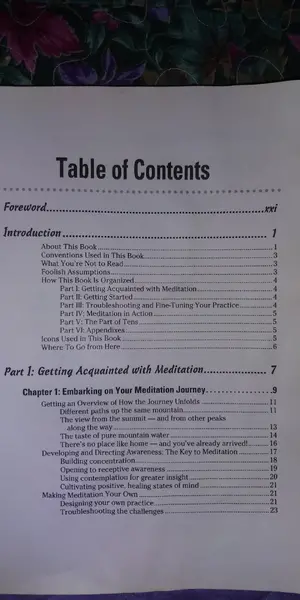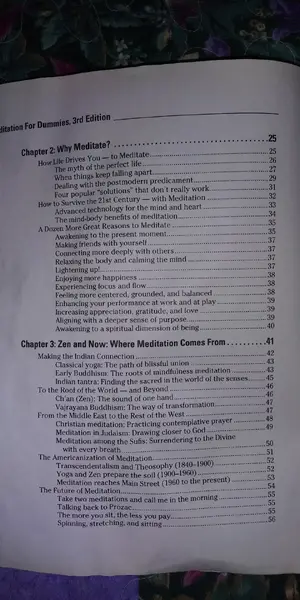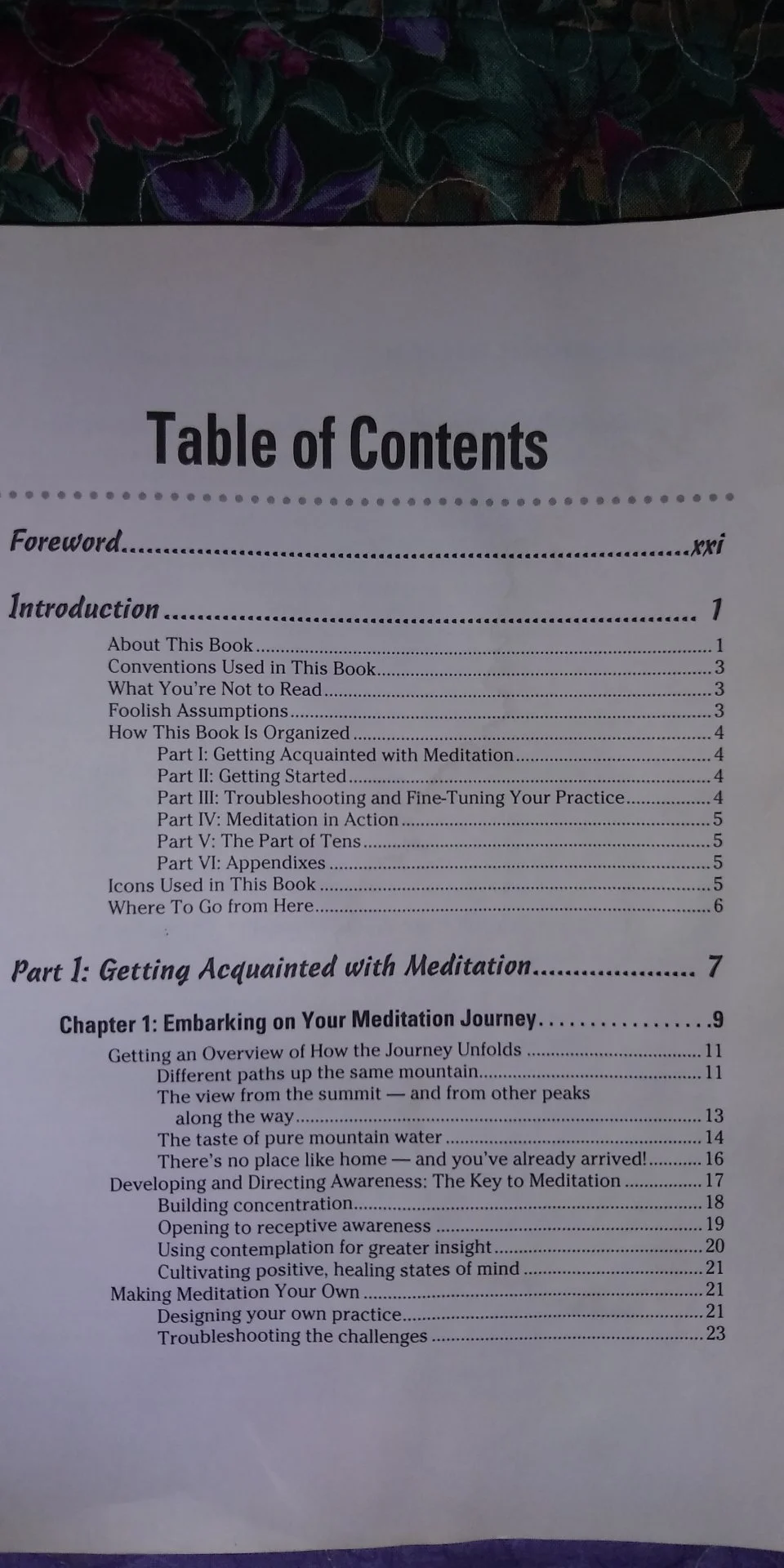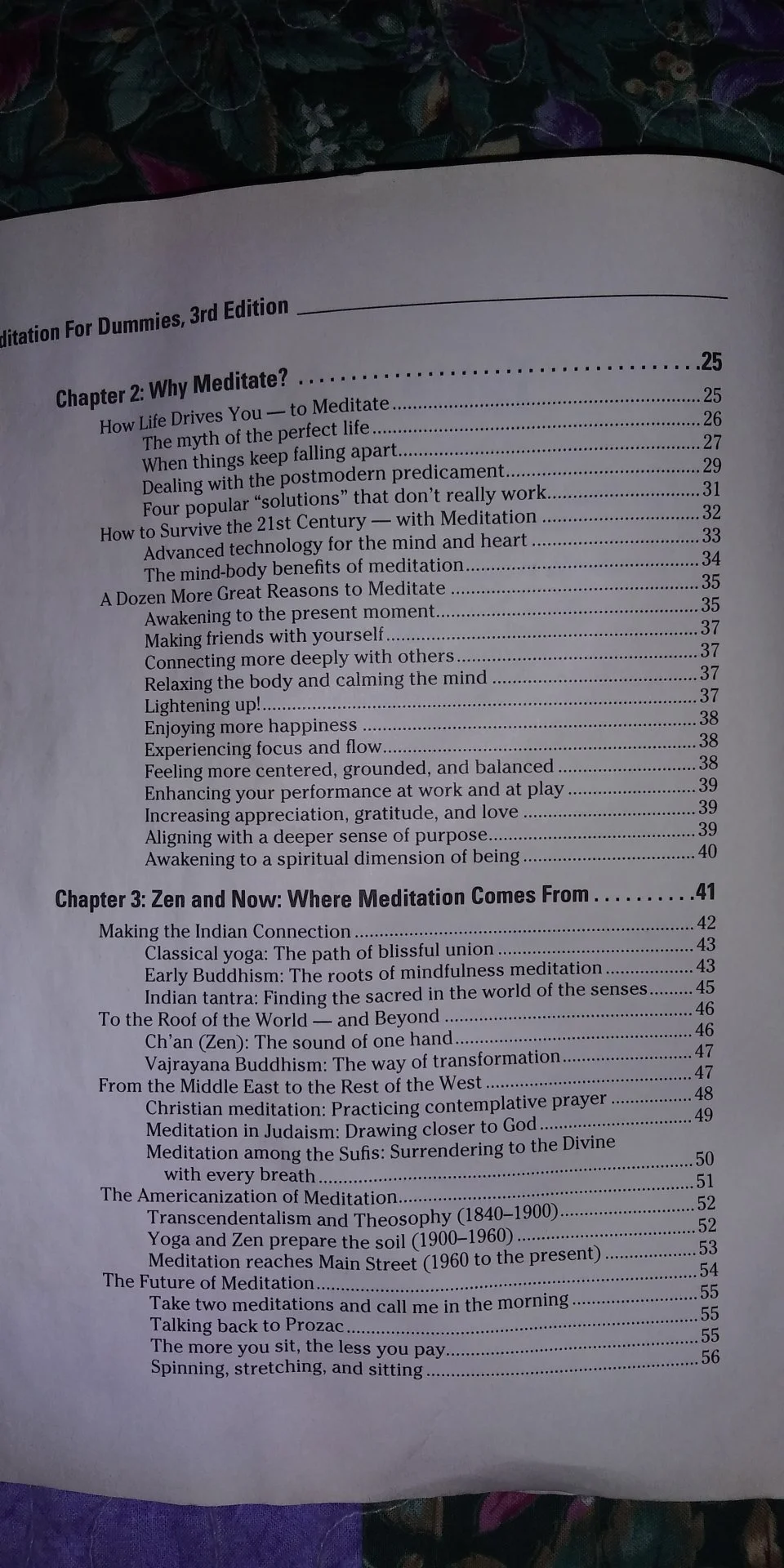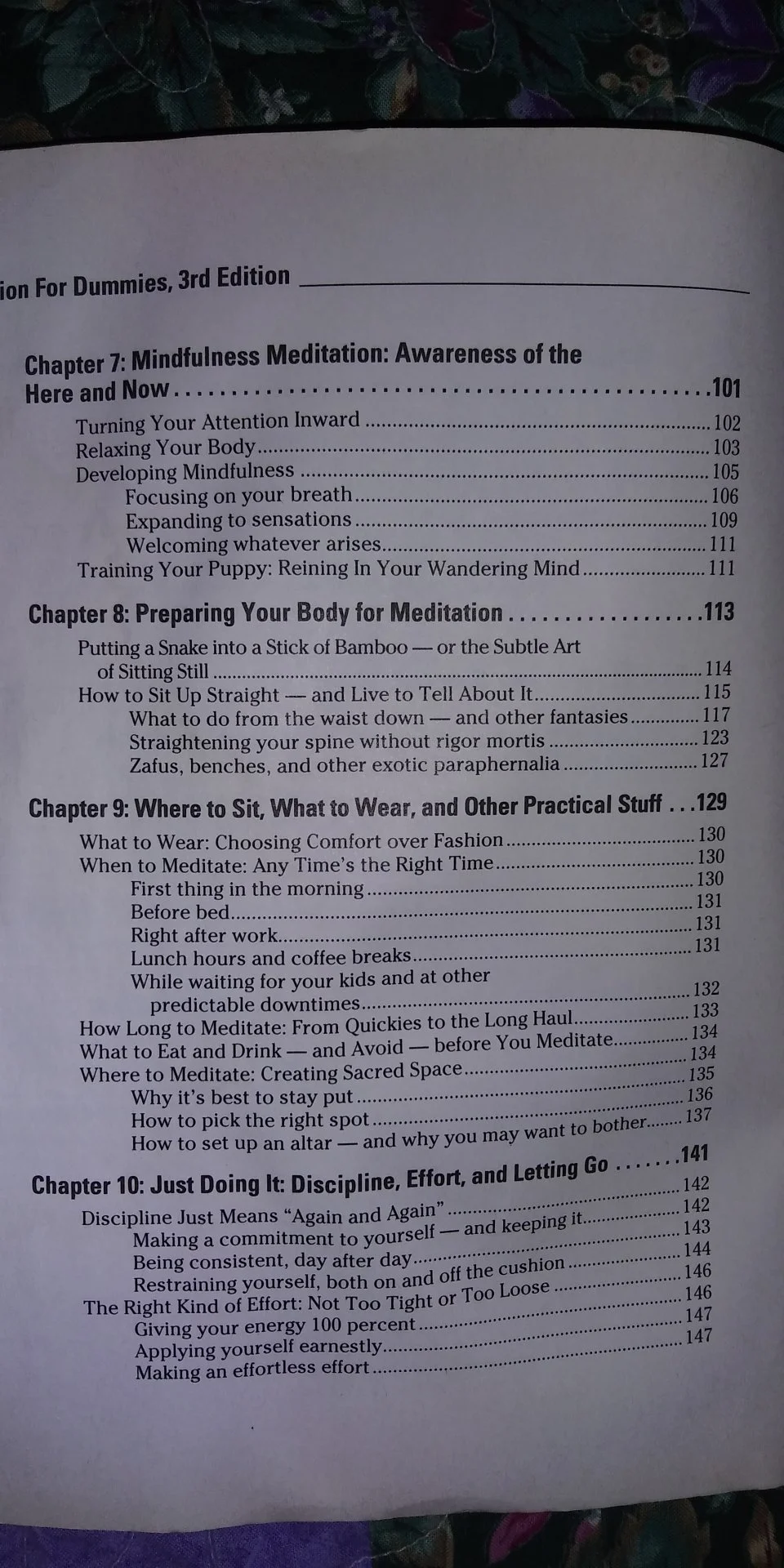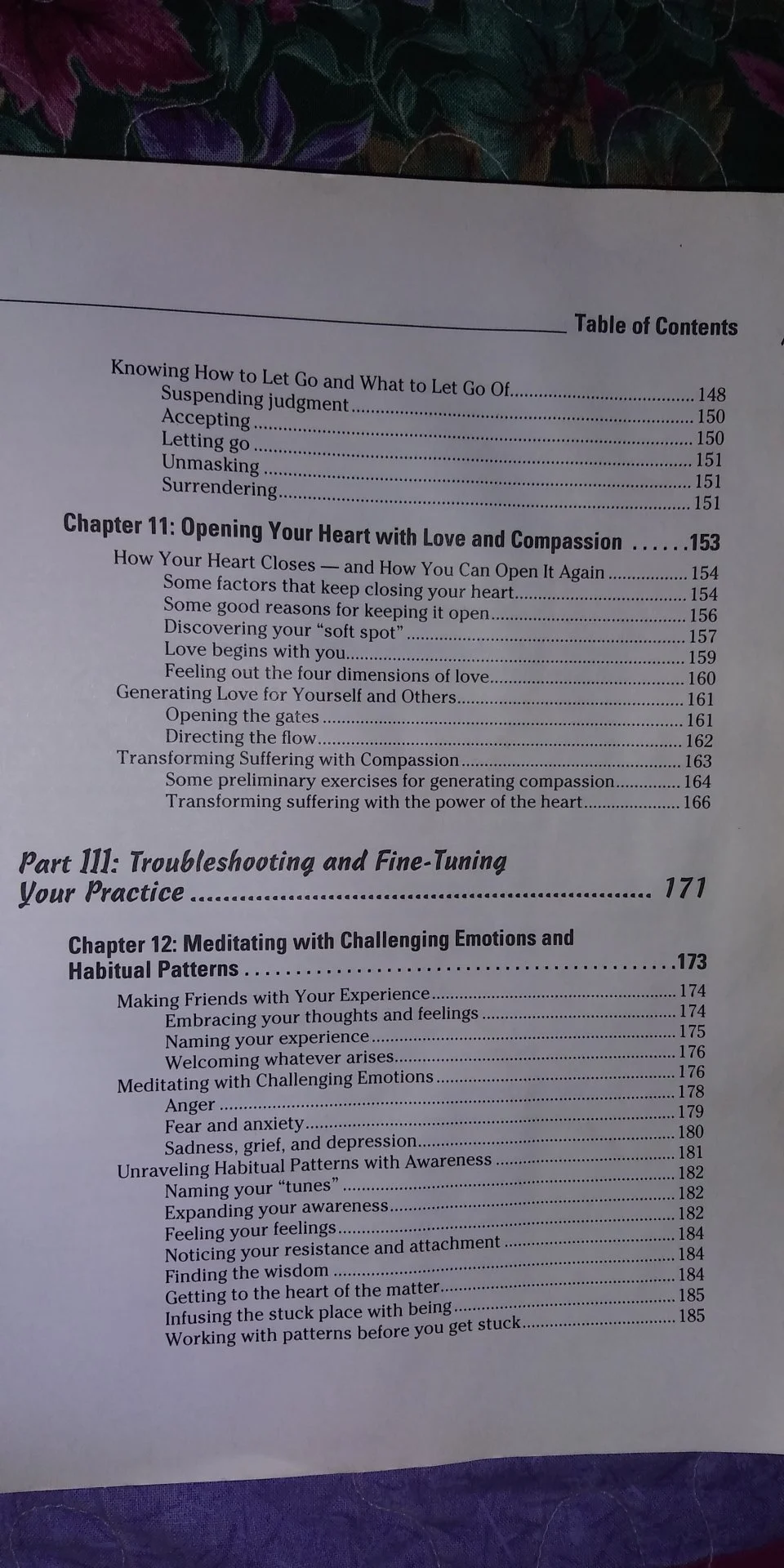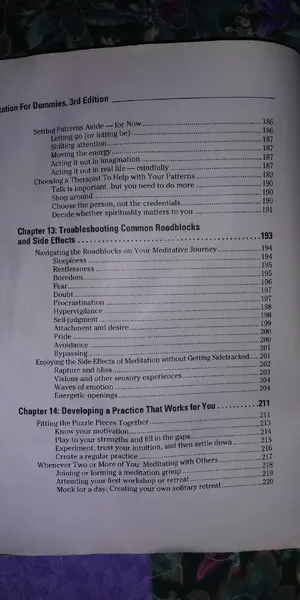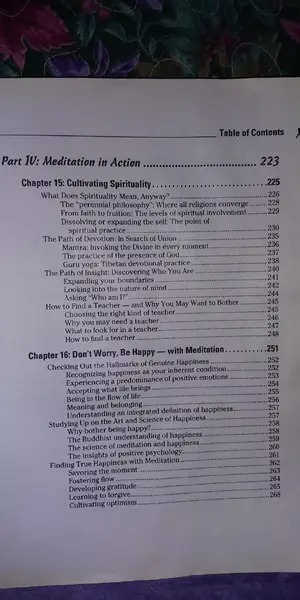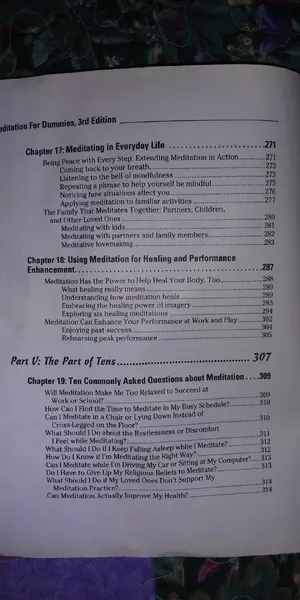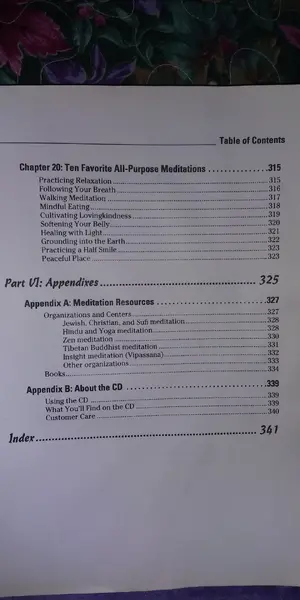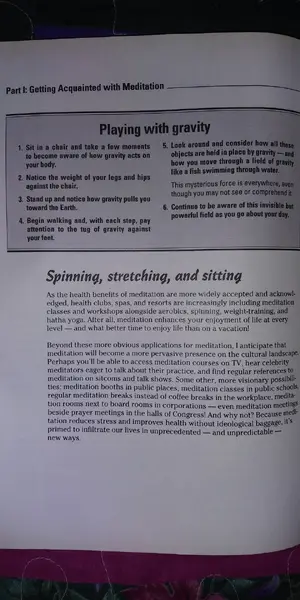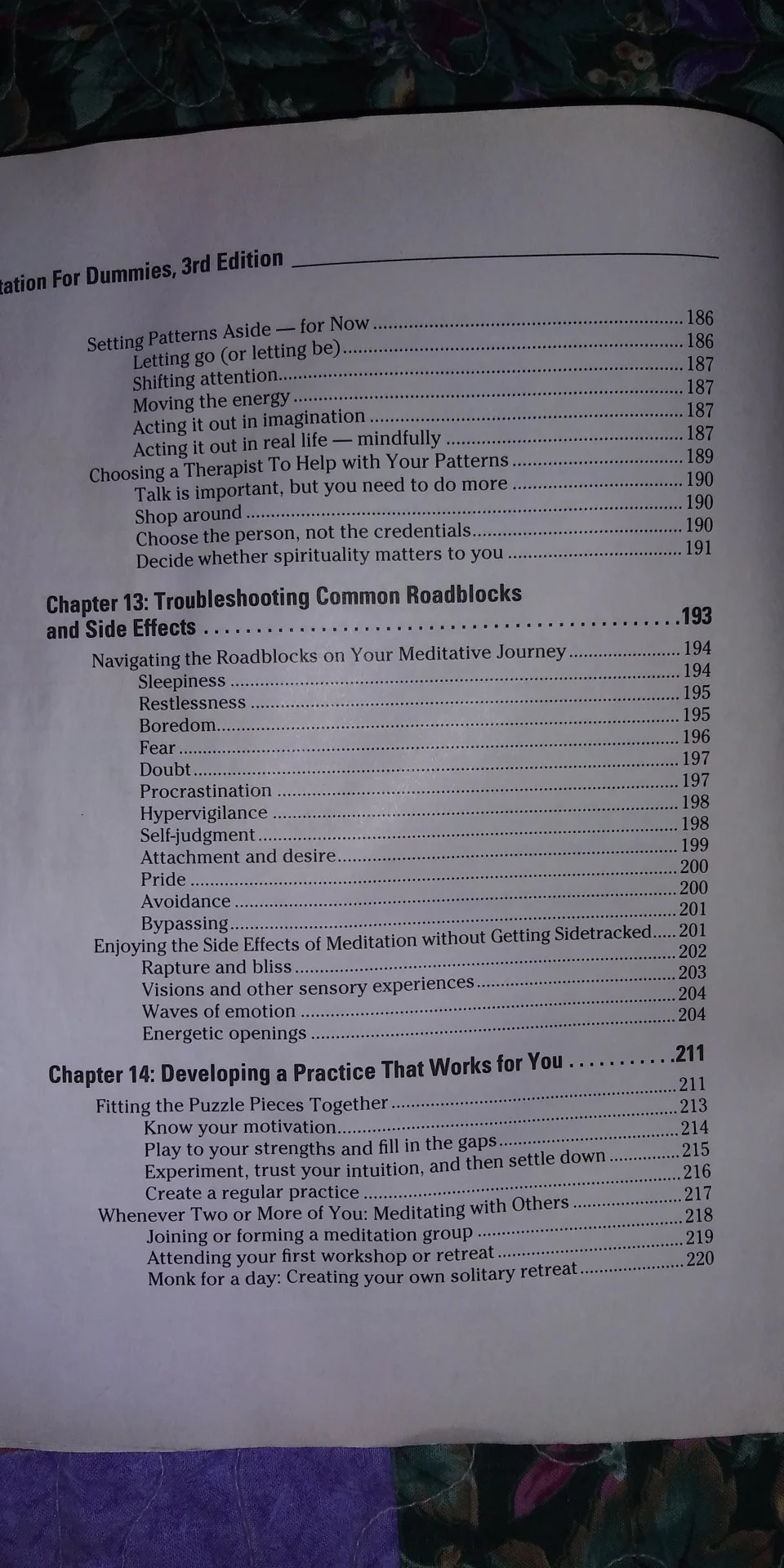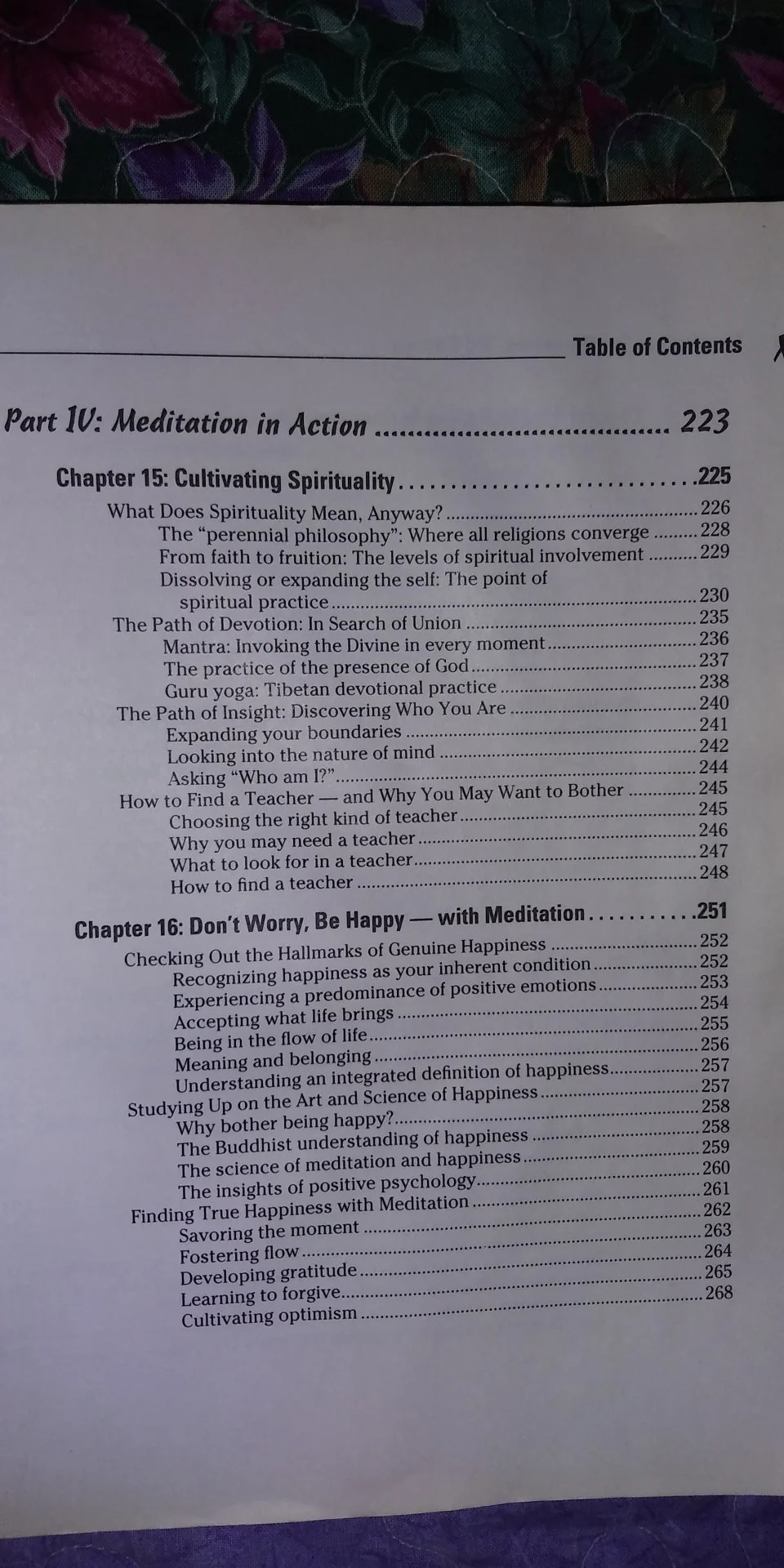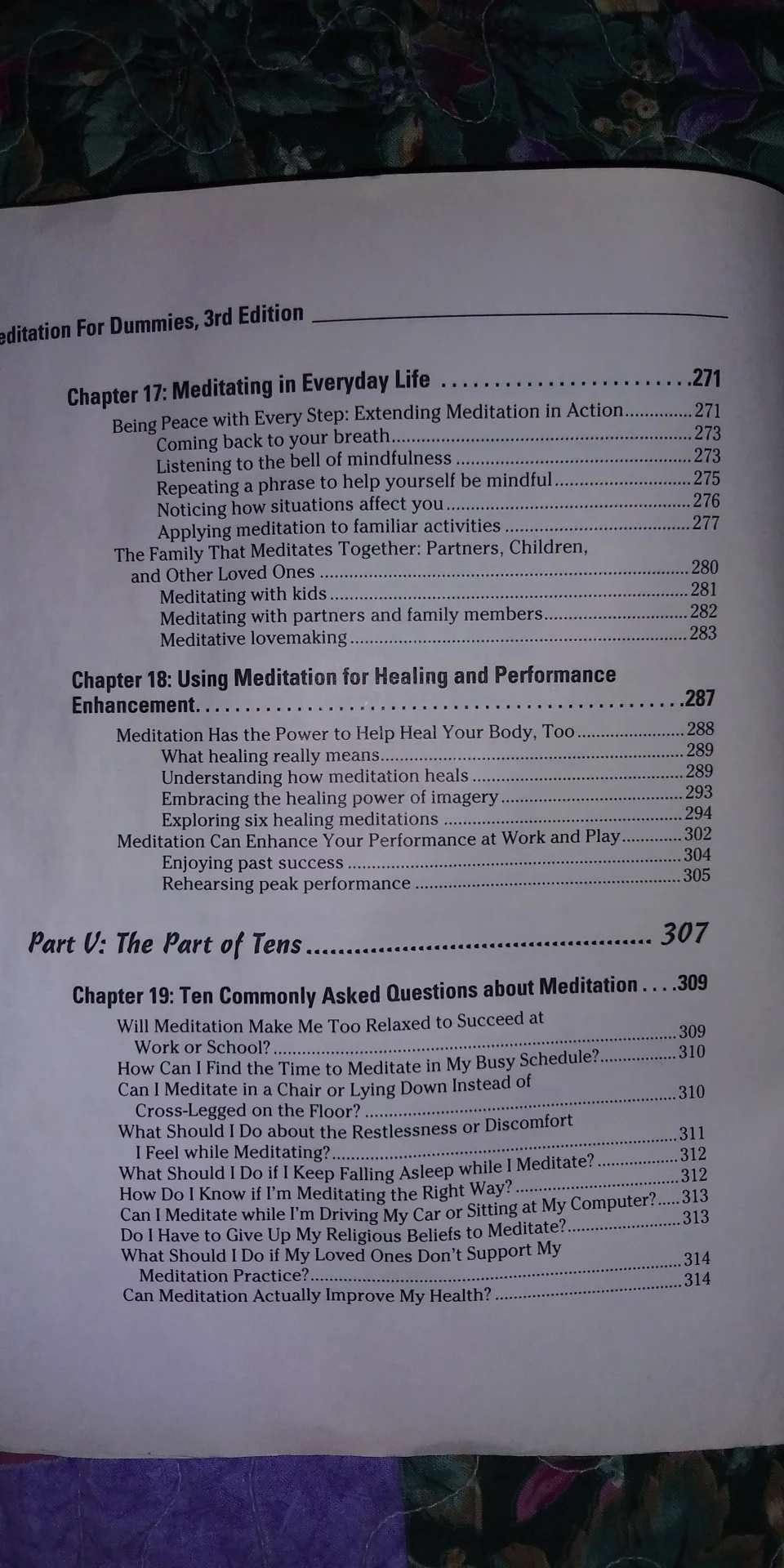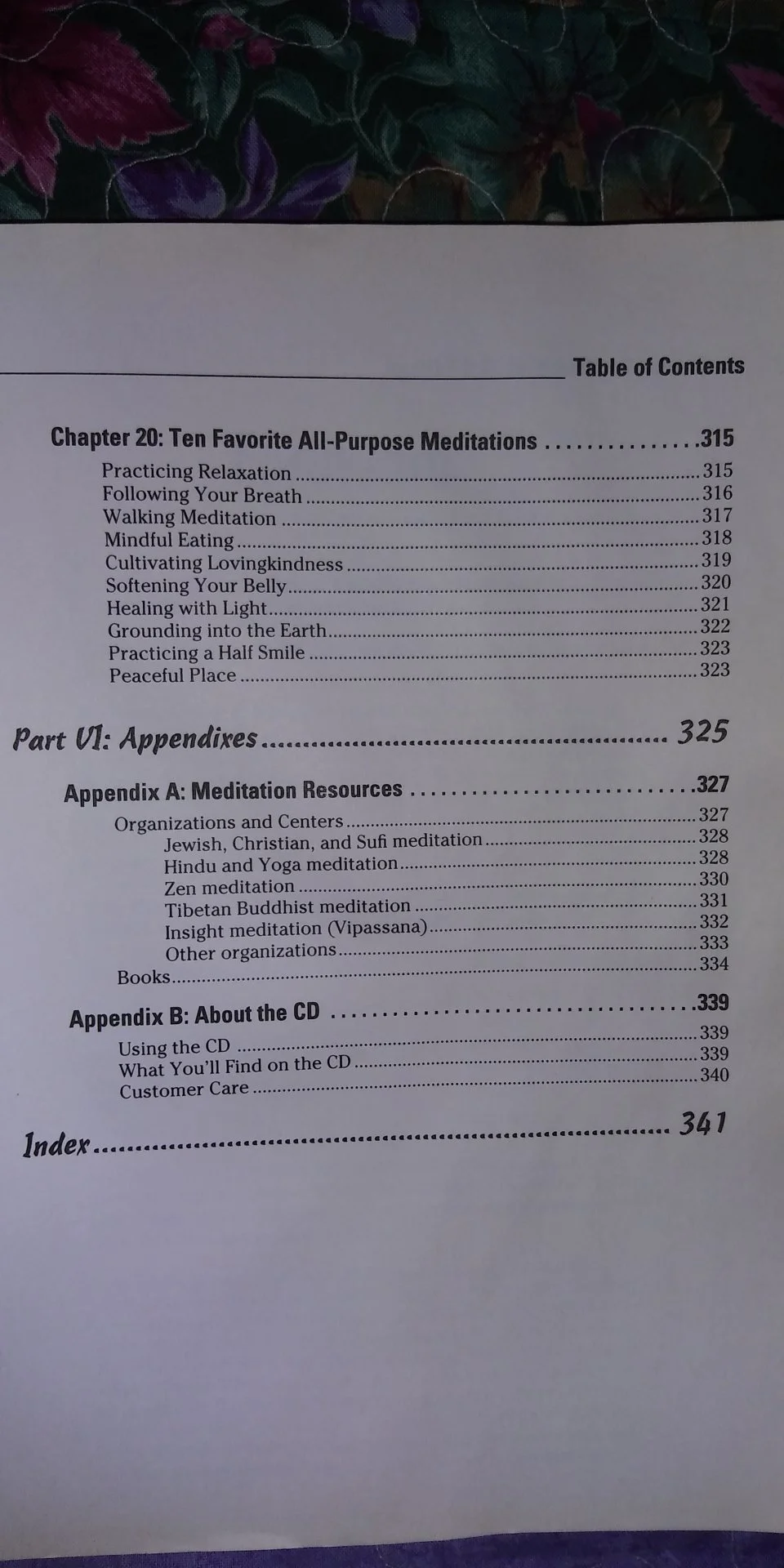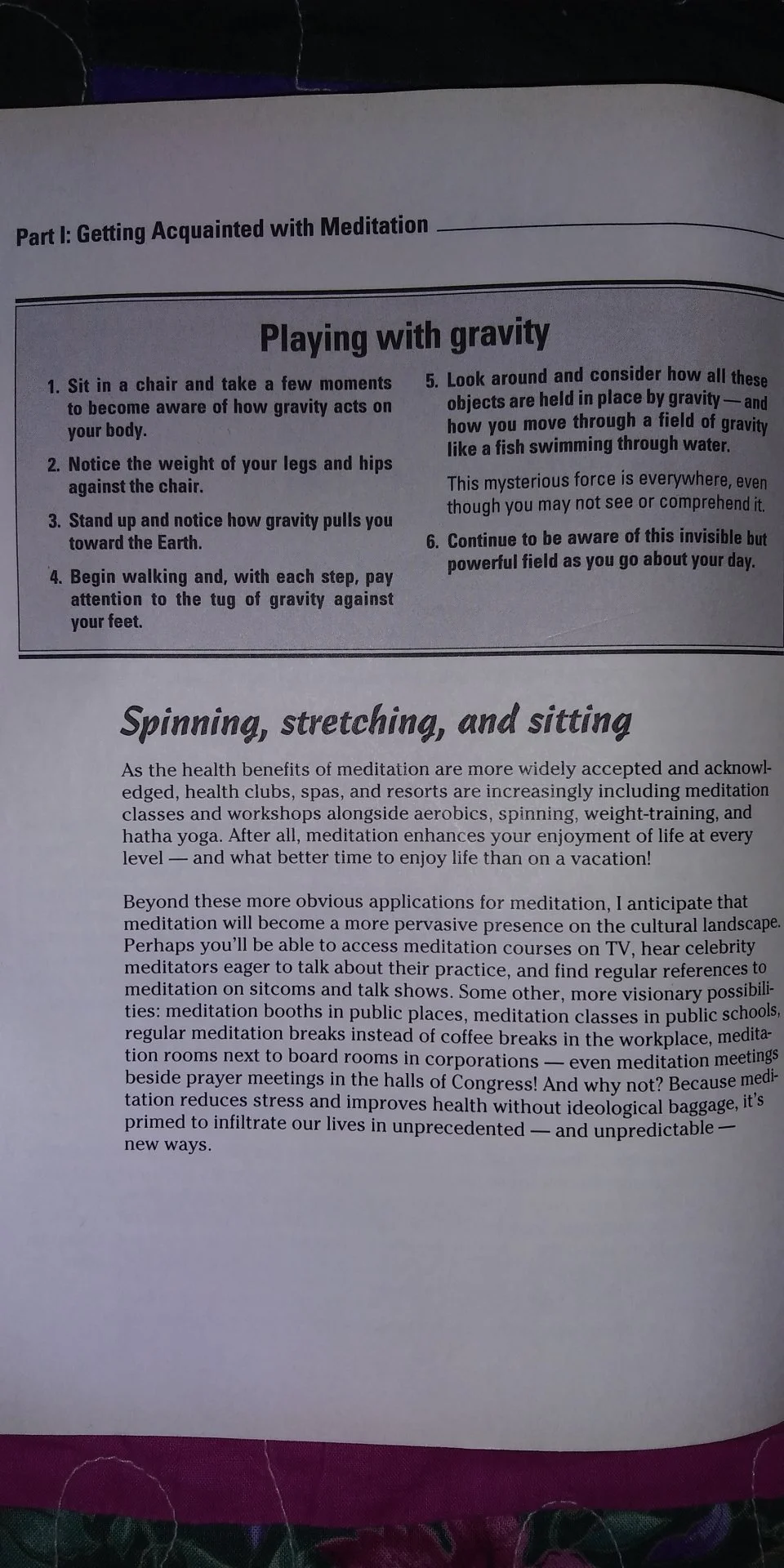This is soooo awesome!
When we progress to where we have the control and ability that you describe, we can begin to play with our awareness, and, it is part and parcel of exploring the topography of our minds! There are many exercises, within the greater practice of M.M., that are both fun, and ultimately, exploratory in nature.
Playing with gravity is one of my personal favorites. "Eating an orange, for the first time", is another. The nuance and power and plasticity of our minds is amazing!
I'd like to offer up a recommendation.
Meditation For Dummies, by Stephan Bodian, contains a veritable
treasure trove of hints, helps, tips and tricks to to bring us closer to our practice.
Of particular interest, it would seem, to our current discussion about stumbling blocks, is the "Troubleshooting" section of the book, which the author has thoughtfully compounded for us to address common difficulties experienced, namely, all of the difficulties that have been brought up here.
I practice in the Theravadan Buddhist tradition, but Stephan has done a wonderful job drawing from
all meditation traditions in a wonderfully nonpartisan way.
He also dedicates time to the problem of separating actual meditation practices from those that are not, but commonly masquerade as "meditation"-- there are quite a few, and Stephan explains the differences, and why the distinction is important.
Though I practice in a specific tradition, I find that the diverse traditions illustrated are refreshing and enriching.
Lest this become a "plug"(if it isn't already, lol), I have included Stephan's description of the layout and organization of the book.
I have found that there are so many worthwhile and fun practices and experiments included, that periodically I find myself re-reading, and gaining new experiences and understandings-- this book has certainly enriched and expanded my practice, and continues to do so.
Below, I have included the Table Of Contents for your inspection.
Thank you,
@Mindf'Elle'ness , for reminding us that the exploration of our minds is not drudgery, or monotonous work, or, if it is, we're doing it wrong.
Meditation is both fun, and a way to connect our rich inner life with the obligations of our outer life. By carrying our practice into our outer life, and encorporating mindfulness and skillfulness in the carrying out of our responsibilities we find that obligations become easier to accomplish, and we can reassign their respective importance to our lives, and even long term obligations can become new and exciting practices in which we can more fully immerse ourselves, and engage in our lives more fully and rewardingly.
I hope those that check the book out find it as enjoyable and as helpful as I have.
(
@SDRSpark , the last plate is for you.)
Enjoy.
May you all be well.
sidd
(Spoiler to follow)
